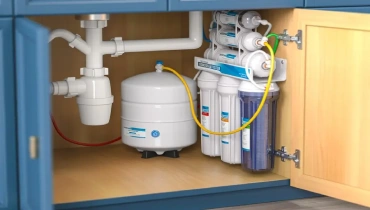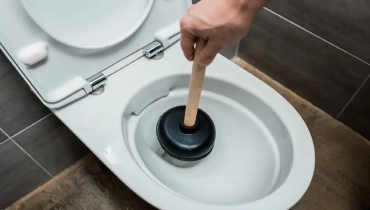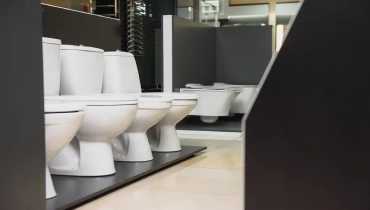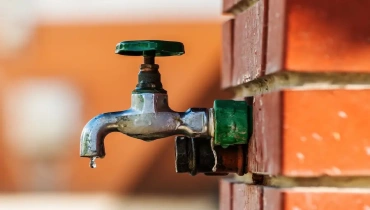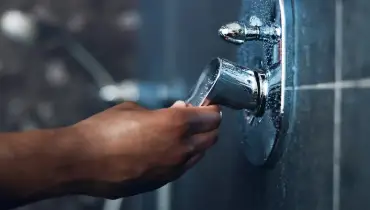Reverse osmosis (RO) describes a process where pressure forces water through a semi-permeable membrane to create treated water, known as permeate, and reject water, called brine or concentrate.
Learn moreOur Blog
Shared Resources for Your Home Needs
All Blogs
Have you experienced that heart-in-your-throat moment where the water in your toilet rises, rather than flows away? It can be a moment of panic, especially when you don’t want to be dealing with a toilet water mess all over your floor!
Learn moreSimply visit your local toilet specialist, pick the first toilet you see, and hire a plumber to install it. Yet, there’s more to the process than meets the eye.
Learn moreEvery little drip counts when it comes to your water bill. Even a small leak from an outdoor faucet left unfixed can cost you hundreds of dollars more.
Learn moreIf your showerhead or faucet drips, your water temperature fluctuates, or you’re having difficulty turning the shower handle, all signs point to a failing shower cartridge.
Learn moreThere is much to consider when weighing up the options for receiving hot water in your home or business.
Learn moreLet Us Call You
Blog Categories
About Mr Rooter

Since the original Mr. Rooter was founded in 1970, the company has remained committed to a set of core values that are rooted in performing quality work at honest prices. Nearly half a century later, the original Mr. Rooter business is still servicing homes and businesses in North America. We are still independently owned and operated, with strong ties to the community that made it all possible.
